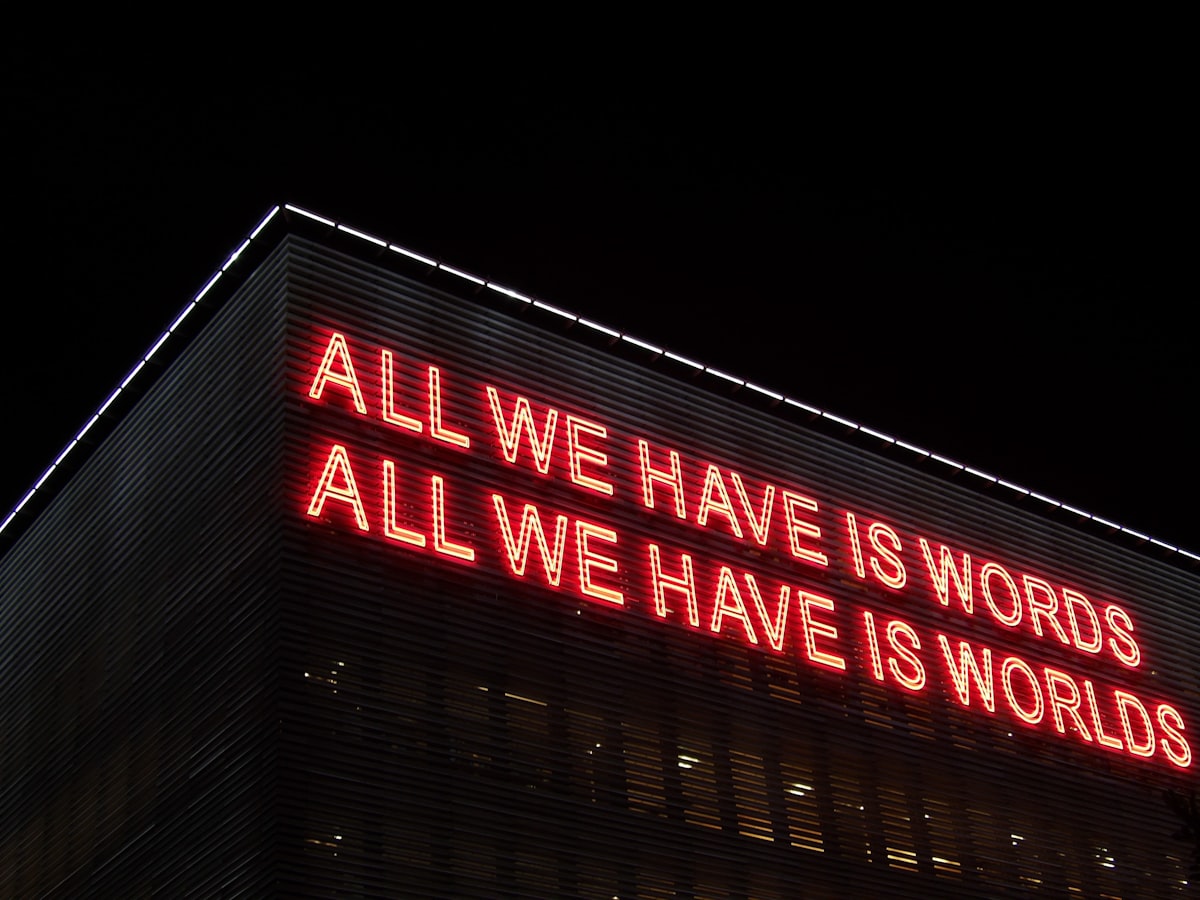When they caught the worldbuilder disease
How nerdish obsessions ruined storytelling

When did it stop being about telling great stories?
In fantasy and science fiction, I mean.
Somewhere along the line, writers in these genres stopped focusing on storytelling.
Fans started yelling for Expanded Universes.
Writing transformed into a nasty thing called worldbuilding.
Worldbuilding disease is everywhere
You see it in all media. Books, comics, oh you better believe its in movies.
The infinite assembly line of reboots, prequels, and sequels is not simply a sign of creative bankruptcy or exhaustion.
It's directly connected to the trend of "writing to the market". Giving the fans what they want.
The best you can say is that it's a short-term tactical idea. And yet... how often are we hit with Systems Blindness?
They say that fish don't notice the water.
In the language of systems theory, if you focus on optimizing the parts, you create worse outcomes for the whole. You can't see the bigger picture. Your definite major goals get lost in a haze of details.
And nowhere is this more evident than the glut of "me too!" (no, not THAT one) products on the market.
When you optimize for what nerds scream about, you get sub-standard product.
Creativity doesn't respond to the demands of fandom.
There's an important distinction missing here.
There's what fans -- the loudest, squeakiest wheels -- want.
And there's what they will want when you show it to them.
If you're in a race to the bottom, pandering for profits, it doesn't matter
You just want to sell the thing.
But then you get "cape fatigue".
You alienate the interested fans and destroy any long-term good will.
You won mass appeal in the short term, but that won't last.
Witness the crash and burn of the major franchises. Marvel's already coasting on the fumes of the 2010s.
Star Wars? I'll never watch another one.
This isn't just down to the political pandering, either.
The product is sub-standard. The pandering wouldn't be there in a well-executed production.
A big part of that comes from the worldbuilding disease.
Nerds need explanations for everything
There can be no comfort in the mystery.
The Space Jockey can't be a sublime monstrosity out of the void. No, it has to be an 8 foot tall albino bodybuilder in a flight suit.
You have to name the mystery and bring it into the open. Otherwise the rubes in the audience won't understand.
Nevermind that this destroys any possibility for originality.
We have to keep going back to the same backwater desert planet for nine movies.
Worldbuilding is about creating consistency in a sub-created world.
By itself, that isn't exactly objectionable. But there's an invisible line somewhere out there where the sub-creation turns pathological.
Worldbuilding done good
Charlie Stross captured the good side of worldbuilding when he wrote about the "sad baggage" of science fiction tropes.
Writers don't think about the worlds their stories happen in. They focus on the characters and the drama of the story over the internal consistency of their created worlds.
He's got a point. If you're writing in a speculative genre, fantasy or classic science fiction, then the inner consistency of your artificial world is essential.
That's how you create your characters, the settings they encounter, and the kind and quality of story problems that cause them grief.
And we find worldbuilding so difficult because we are the fish who can't see the water.
When the fish can't see the water, they sure can't begin to think of other ways of living.
All well and good. But there's a hidden motivation here that needs to be made clear.
Stross isn't arguing for worldbuilding from "neutral ground". This isn't just a point about good writing or the aesthetics of literature.
He's got a political agenda in mind.
Science fiction is supposed to Send a Message. It's supposed to liberate, reveal the oppressor, act as vanguard for the revolution.
I can't say I care much about any of that.
I'm no activist, much less a revolutionary. I suspect the majority of genre readers would agree.
I just want a good story about heroes punching monsters in the face.
Robert E. Howard and Edgar R. Burroughs may have had "disreputable" reactionary politics, whatever that means... but they could tell a ripper of a yarn.
That's worth more to me than preachy didactic stories that only work if you can empathize with the moral feeling of self-righteousness.
Worldbuilding gone wacky
There's another angle to take on the problem of worldbuilding.
Stross's take on SF worldbulding has to take a stand.
It's about endorsing a specific point of view.
Now, in one sense every author has to do this. Every author shows us a sub-created world constructed by act of imagination.
But authors can take a more intrusive stand, reaching down into the work and making their views known by Act of Demiurge.
When this happens, the story is weakened if not killed off at the roots.
It's not longer a tale of drama between characters. It's a manifesto for the author's views.
I've written before about that simmering instability down at the heart of science.
Any scientific speculations walk a knife's edge between conservative materialism and total deconstruction of reality.
Charlie Stross opts for the second choice.
But an adept writer ought not be so insistent on a, one and only one, point of view. Certainly not at the expense of story.
Dramatize. Let the characters act out the conflict between points of view, if you must.
Ideological writing is not the only reason modern media sucks.
But it's not helping anything to sacrifice story at the altar of social justice.
Letting the story itself work out the conflict between your views (if any) and the alternatives has the advantage of giving you a good story.
It's the honest way to argue for a position you believe in. Show the consequences, instead of lecturing from your soap box.
It's not only better storytelling, it's more persuasive.
There's another thread to follow
Your Host is caught between two sides of this argument.
On the one hand, worldbuilding is worth care and thought. If you're telling speculative stories about fantastic people in fantastic times and places, it can't hurt anything to give a little detail to the setting. And it can likely help a great deal.
On the other hand: Shut up, nerd.
There's more to say about the pros and cons and failings of worldbuilding.
Good stories and good writing don't cave into the demands of fans
PS – If you enjoy these posts, why not subscribe? That way you can receive them directly in your inbox... and you'll get the members-only posts.
As a bonus perk, members can be a part of the private rogue planet community, where you can discuss this article and hang out with other SFF Heretics. It's not another privacy-thieving jumble of a Facebook group, either.
There's no charge (yet) to subscribe as a free member, so click here and join now.

